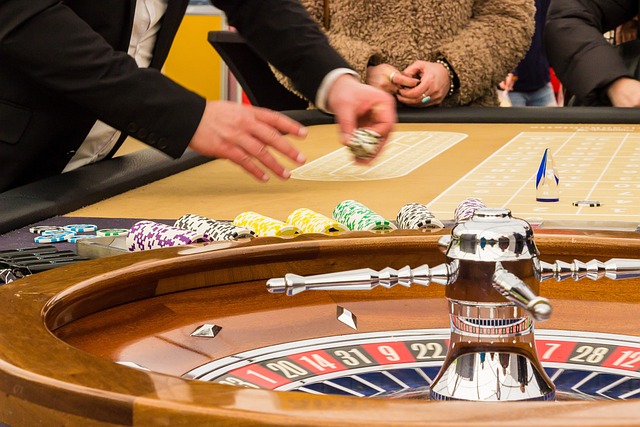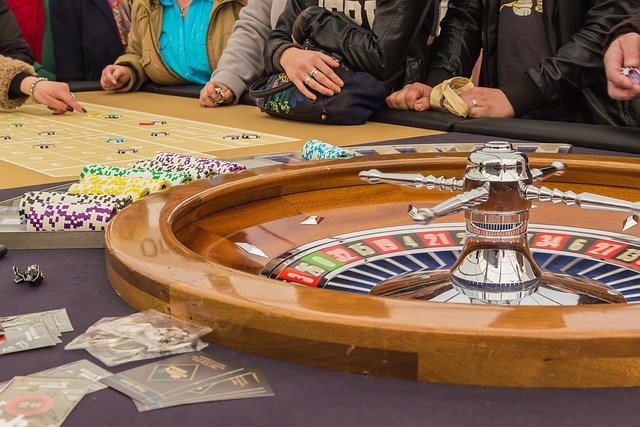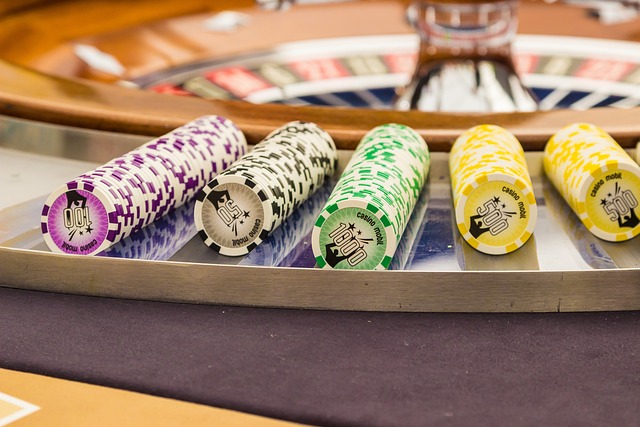In gambling, the desire to recover losses can lead to a destructive behavior known as chasing losses. This mindset occurs when a player continues to bet in an attempt to win back money they’ve already lost. Instead of stepping back and re-evaluating, the player often increases their stakes, hoping for a quick turnaround. While this approach might seem logical in the moment, it’s a high-risk strategy that can escalate losses and lead to more serious consequences. Understanding the dangers of chasing losses is essential for maintaining responsible gambling habits.
Emotional Decisions and Poor Judgment
When players experience a losing streak, emotions like frustration, anger, and desperation can cloud their judgment. Rather than making calculated decisions, they act impulsively, believing they can “get back to even” by increasing their bets. This emotional response often leads to irrational behavior and bigger losses.
The problem with chasing losses is that it relies on short-term thinking, ignoring the principles of probability and randomness in gambling. Instead of accepting a loss and moving on, players trapped in this mindset are more likely to make reckless decisions that can spiral out of control.
Bankroll Erosion and Financial Strain

Chasing losses can drain a bankroll quickly, especially when players increase their stakes without a proper strategy. Once a player enters this cycle, they may feel compelled to continue betting even when they can’t afford to, leading to financial strain.
This behavior can impact not only the player’s gambling funds but also their personal finances, relationships, and mental health. In severe cases, it can lead to problem gambling or gambling addiction, where the desire to recover losses overshadows all other considerations. Setting clear bankroll limits and adhering to them is a key step in avoiding this dangerous cycle.
The Illusion of Control
One reason players chase losses is the illusion of control—the belief that they can influence the outcome of a game or predict when a winning streak will begin. However, gambling outcomes are governed by random chance, and no amount of increased wagering can change that.
Believing that a win is “due” or that luck is about to turn around is a classic gambler’s fallacy. Each game or bet is an independent event, and past losses have no bearing on future outcomes. Recognizing the role of probability and randomness is crucial to breaking the cycle of chasing losses.
Healthy Gambling Practices

The key to avoiding the dangers of chasing losses is adopting responsible gambling practices. Set clear limits on the amount of money and time you’re willing to spend on gambling, and stick to them regardless of the outcome. Take regular breaks to maintain perspective and avoid making impulsive decisions.
Many reputable casinos offer tools such as deposit limits, self-exclusion options, and time reminders to help players manage their behavior. Utilizing these resources can protect players from falling into unhealthy patterns. Remember, gambling should be viewed as entertainment, not as a way to make money or recover past losses.
